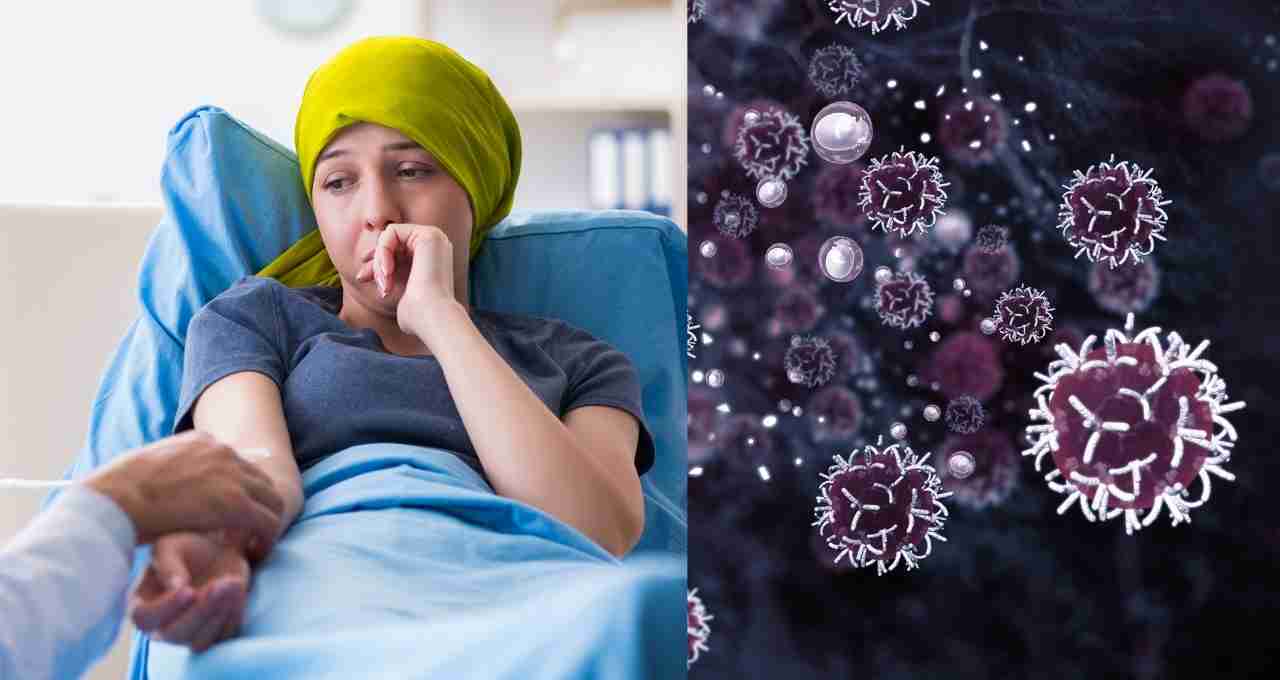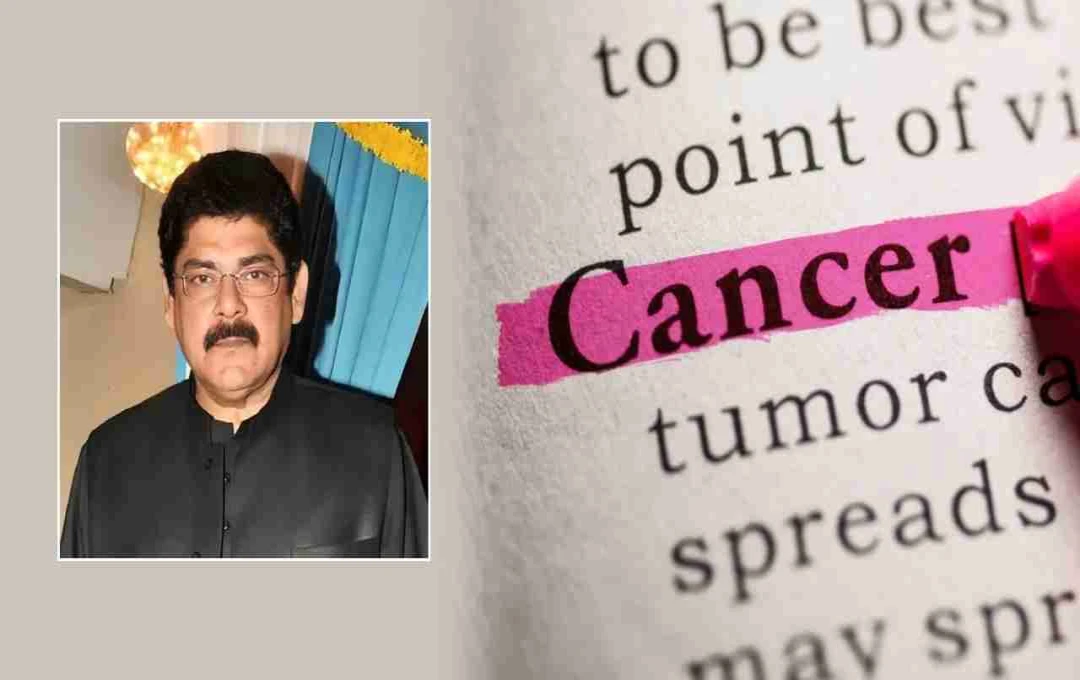Actor Pankaj Dheer, who played Karna in B.R. Chopra's Mahabharat, passed away due to cancer. Even after treatment, cancer can return because some cancer cells remain in the body and become active over time, causing the disease to recur. Weak immunity and gene mutations also contribute to this.
Cancer: Actor Pankaj Dheer, who played Karna in B.R. Chopra's Mahabharat, passed away due to cancer. His cancer was treated, and he underwent surgery, but the disease returned. According to experts, even after treatment, small cancer cells remaining in the body become active over time and can form tumors. Dr. Rohit Kapoor of Max Hospital, Ghaziabad, and Dr. Mukesh Nagar of Safdarjung Hospital state that weak immunity and genetic changes in cancer cells are also reasons for the disease to recur. Regular follow-up and timely screening can reduce this risk.
Why Does Cancer Recur?
Dr. Rohit Kapoor from the Oncology Department at Max Hospital, Ghaziabad, explains that in many cases, cancer returns years after being cured. The main reason for this is that some cancer cells remain in the body during treatment. These cells are so small that they are not visible in tests or scans, leading doctors or patients to believe the disease is gone.
Over time, these residual cancer cells become active again and gradually begin to form new tumors. This is often discovered when certain symptoms reappear after treatment, such as shortness of breath, persistent fatigue, weight loss, or lumps in the body.
How Do Cancer Cells Evade Medications?
Dr. Mukesh Nagar, an oncology specialist at Safdarjung Hospital, explains that cancer cells are very cunning. They alter their genes and protect themselves from the effects of medications. This is why, after treatment, these cells become active again and cause cancer.
According to Dr. Nagar, in individuals with weak immunity, residual cancer cells in the body cannot be completely eliminated. Due to weak immunity, these cells proliferate again, and the disease returns.
Which Cancers Have a Higher Risk of Recurrence?

Dr. Nagar states that some types of cancer have a higher risk of recurrence. For example, lung cancer and breast cancer have a higher probability of recurrence. Additionally, there are other cancers where recurrence is possible.
The type of cancer, patient's age, immunity, and treatment process determine whether the disease will recur. Therefore, experts always advise patients to remain vigilant after treatment.
How Can Cancer Recurrence Be Prevented?
According to Dr. Mukesh Nagar, it is crucial for patients to have regular follow-ups after treatment to prevent cancer recurrence. This includes undergoing blood tests and screenings every three to six months.
Additionally, patients should monitor their health. If there is sudden weight loss, persistent fatigue, or a lump forming in the body, a doctor should be consulted immediately. Timely checks and vigilance can reduce the likelihood of cancer recurrence.
Message for Patients and Families
Patients battling cancer and their families should understand that vigilance is necessary even after treatment. Regular body check-ups and adherence to doctor's advice remain crucial even after the disease is completely eradicated.
Pankaj Dheer's demise has shown how serious cancer can be. It can return even after treatment, and timely vigilance is essential. Doctors state that despite treatment, surgery, and medications, it is difficult to identify residual cancer cells, which is why regular follow-ups can prove to be life-saving.















